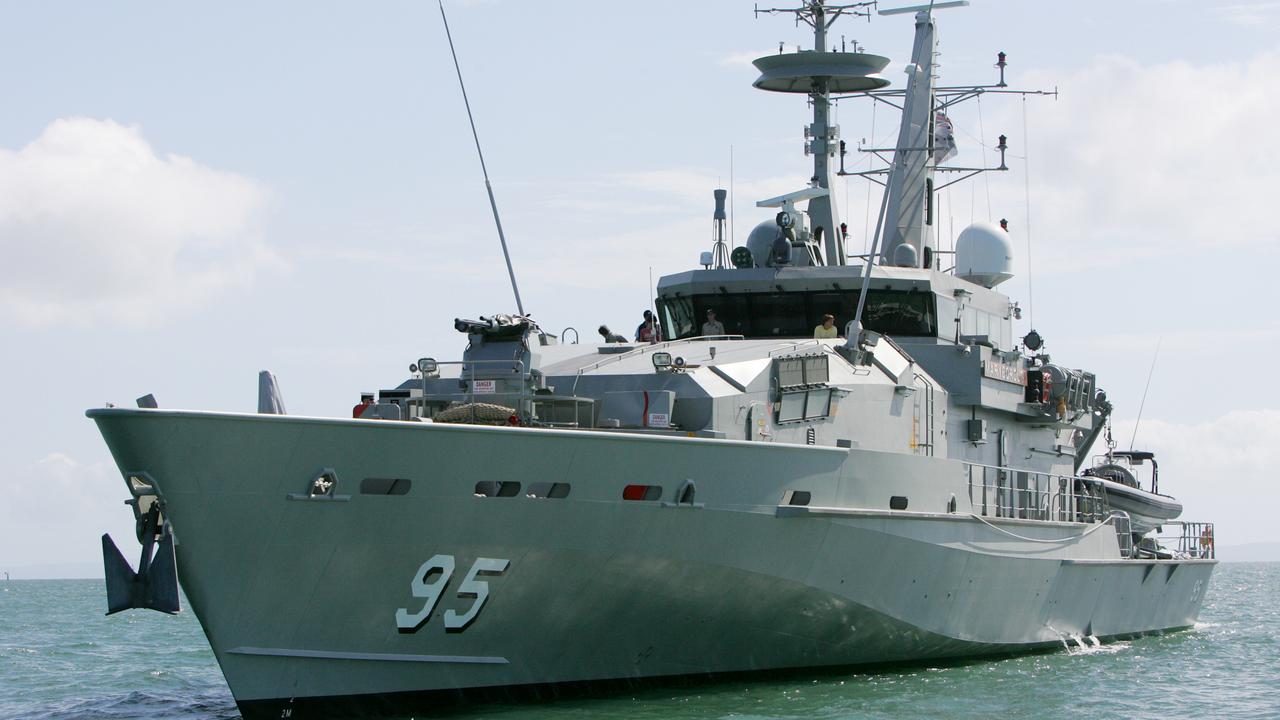Lack of intelligence troubled Afghanistan Digger
A PLATOON commander complained of the lack of intelligence about a base in Afghanistan where three diggers were later killed.
AN Australian platoon commander complained of the lack of pre-deployment intelligence about a remote base in Afghanistan where three Diggers were later killed by a rogue Afghan soldier in 2012.
Despite a series of insider attacks in the war-torn country, Australian officers finalised an intelligence report warning of the high risk of a “green on blue’’ threat only after the platoon had arrived at the patrol base.
The report was never sent to the commander, who was later disciplined for the “relaxed tactical disposition of the platoon’’, including the access Afghan soldiers had to the Diggers’ encampment.
The intelligence failures have emerged ahead of an inquest next month, as families of the Diggers lost a fight to widen the scope of the probe and gain access to sensitive Defence documents.
Queensland Deputy Coroner John Lock this month rejected applications to focus on the extent of Australia’s involvement in US-led intelligence-gathering and dissemination in the war. He also refused to release unredacted Australian Defence Force reports into two earlier insider attacks, in which three Diggers died.
The two-week inquest will examine the slayings of Lance Corporal Stjepan “Rick” Milosevic, 40; Private Robert Poate, 23; and Sapper James Martin, 21, by Afghan National Army soldier Zabet Hekmatullah at patrol base Wahab in Oruzgan province, where their 24-strong platoon had arrived that day to mentor Afghan soldiers.
After returning from a patrol with the ANA, the Diggers settled for the night and were playing cards when Hekmatullah approached and sprayed them with his M-16, killing three and wounding another two.
A NATO investigation found the teenage gunman had “links to the Taliban through his father’’, a fact hidden by his local Afghan army commander. Hekmatullah was arrested in Pakistan last year and sentenced to death in Afghanistan. He is appealing.
Documents filed in the Coroner’s Court reveal the platoon commander was concerned about intelligence relating to the base before his deployment. “In the lead-up to the operation … (the platoon commander) had raised the lack of information concerning PB Wahab as an issue,’’ a defence investigator later reported.
The report said his senior officers were not “overtly concerned’’ as they believed the commander would deal with any security problems and had assumed that the Diggers and ANA soldiers would be separated on the base.
The lack of security between the two groups of soldiers, as well as the standing orders that were supposed to dictate protection measures while mentoring the ANA, will be at the centre of the inquest.
Mr Lock said the families had argued the release of reports on the previous “insider attacks’’ would help determine whether the ADF had applied “lessons learned’’. In rejecting the application, he said the two previous insider attacks had been investigated and their release would delay the inquest.



